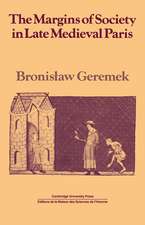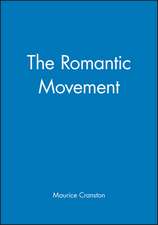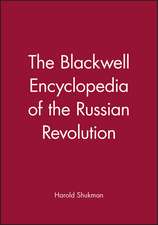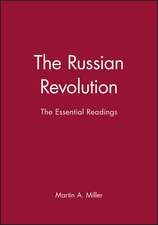Poverty – A History
Autor B Geremeken Limba Engleză Paperback – 14 feb 1997
Professor Geremek shows how the rich and those in authority have always expressed mixed feelings about the poor, oscillating between pity and fear, compassion and revulsion. He examines why this should have been so and discusses the effects it had on private and public actions. Even in the Middle Ages, the author suggests, there was little sentimentality. Then the poor had functions, as the means of securing divine salvation through the giving of alms, and as contractors who would pray for their benefactors.
With the economic crises that afflicted Europe in the sixteenth century, mass proverty came to be seen as harmful and destabilizing, and new principles of modern poor relief were formulated to control it. But the scale of poverty was increasing: first through rural change and then through industrial change. If absolute poverty became less evident, the gap between rich and poor had become more manifest. It is here, Professor Geremek shows, that the utopian ideals of socialism were born. Unrest could be contained in state welfare schemes, or it could be manipulated into revolution and the poor once more enslaved - this time in the name of their own interests.
Preț: 517.72 lei
Nou
99.07€ • 105.94$ • 82.60£
Carte tipărită la comandă
Livrare economică 18 aprilie-02 mai
Specificații
ISBN-10: 0631205292
Pagini: 288
Dimensiuni: 152 x 229 x 16 mm
Greutate: 0.44 kg
Ediția:Revised
Editura: Wiley
Locul publicării:Chichester, United Kingdom




















